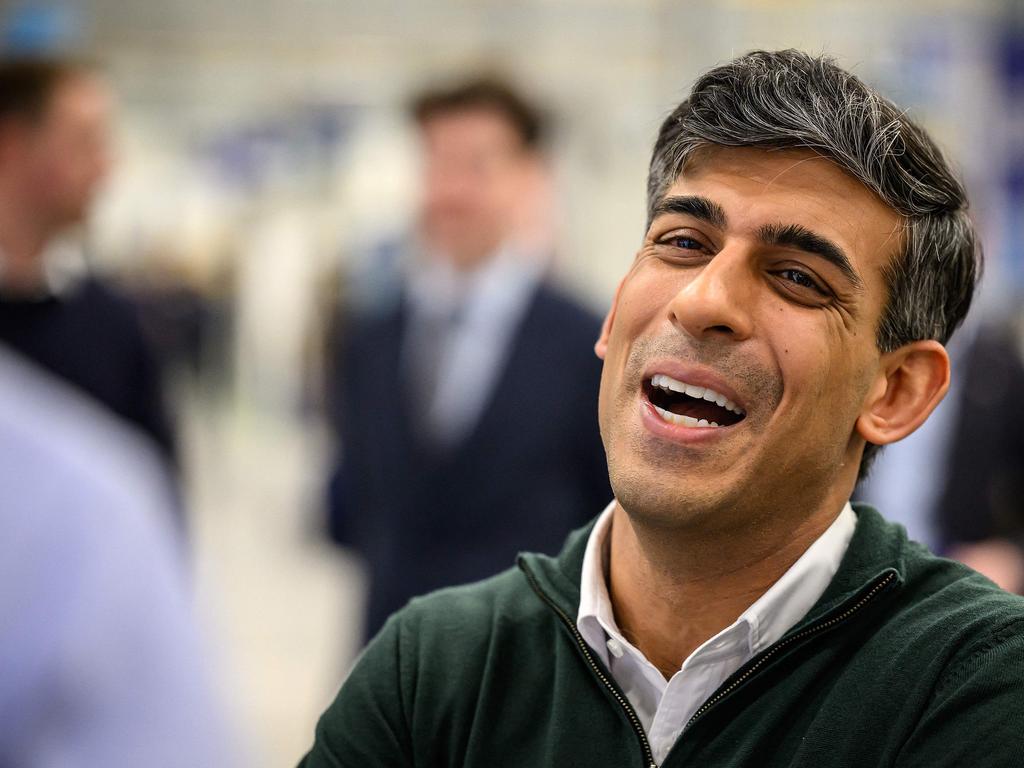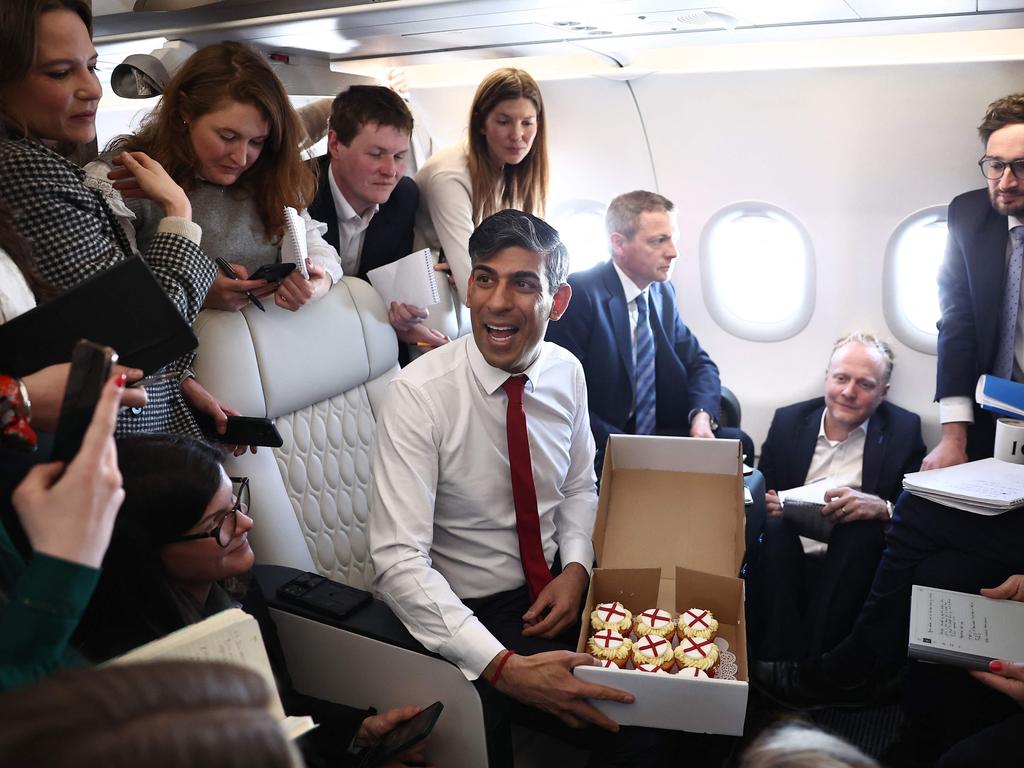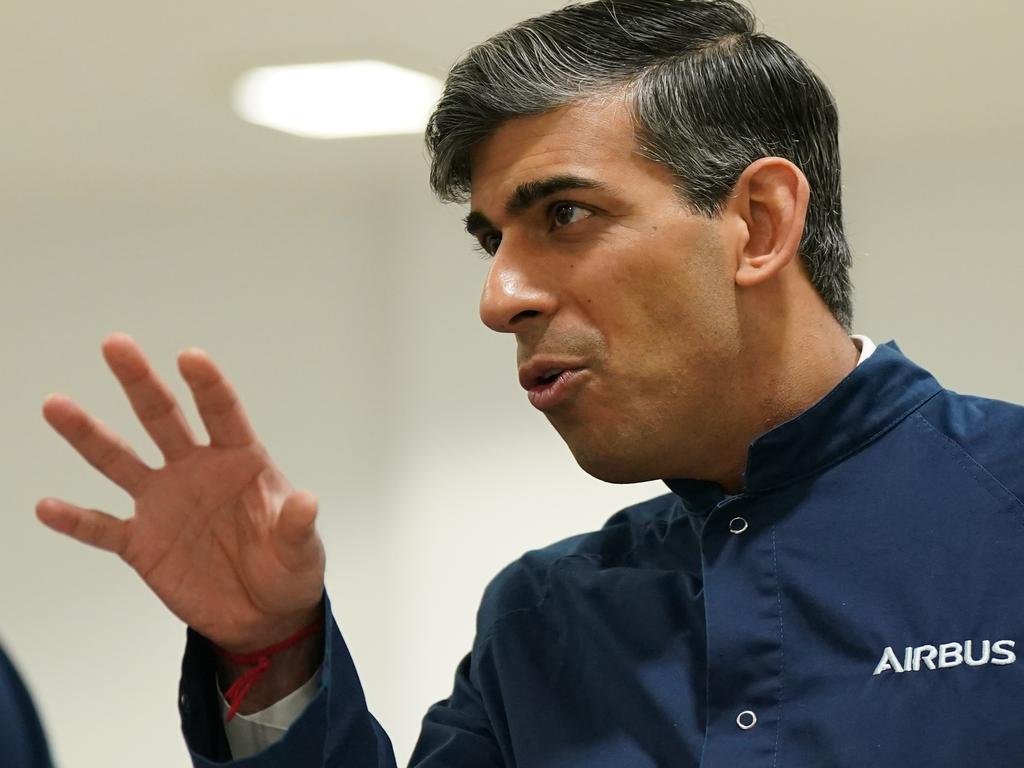As good as it gets: four reasons why Rishi Sunak has gambled on July
After 14 years there was no good time for the Tories to call an election but Rishi Sunak’s decision makes sense. Most of all, this is as good as it gets; nothing is going to turn up if he clings on.
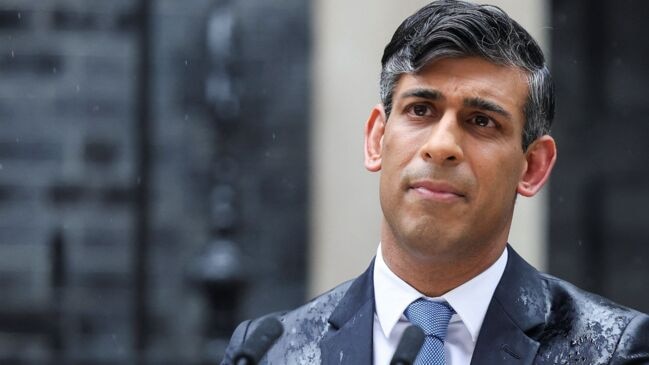
In 1997 the Conservative Party chairman, Brian Mawhinney, went to see the prime minister in Downing Street on a Friday and returned to Conservative Central Office convinced that his close friend John Major was going to call a snap election within a few days.
Quietly, Brian authorised a large expenditure to reserve advertising poster sites. Only to find out on the Monday that the prime minister had decided against the whole idea after all. I was one of the party’s most senior campaign directors and only learnt of this many months later, when Brian grumbled to me about the money he had wasted.
When you call a surprise general election you surprise the opposition, you surprise the press, but you also surprise your own party.
A few people at the very top of the Conservative Party – Oliver Dowden, Isaac Levido, Liam Booth-Smith – will have known that Rishi Sunak was about to call an election. But even some close aides will still have been expecting an autumn date until days, and in some cases hours, ago.
There will now be a scramble among MPs who want to resign and haven’t got round to it, a scramble among local parties to arrange their campaign rosters, a scramble to complete leaflets and maybe even the manifesto. Quite a lot of Tories will be flustered, some will be quite irritated.
So why would you call an election now? When some polls have you 27 per cent behind? Why not wait? Something might turn up.
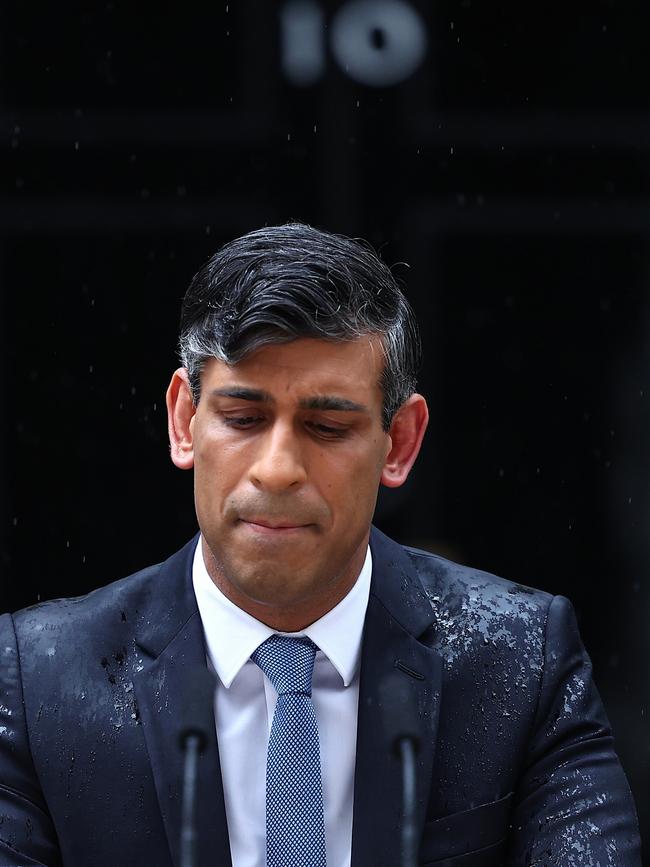
There are lots of parts to this answer, all sorts of little reasons why Sunak prefers now to later. But I think the big thing is this: he doesn’t think anything is going to turn up. This may be as good as it gets. I don’t think calling an election now will transform the result. But I do think it was the right decision.
There are many things it is too late for Sunak to do anything about. The tenure of Boris Johnson, the disaster of Liz Truss’s premiership, and much else about the state of the country and his party’s record.
But there are four things I believe the election campaign could have an impact on, things big enough to change the outcome (the scale if not the direction) on July 4. And most of them (not all, but most) suggest going now rather than waiting.
The first is that the Conservatives have been in power for a long time. Sunak can’t alter that, obviously, but he may be able to make a marginal impact on how people feel about it.
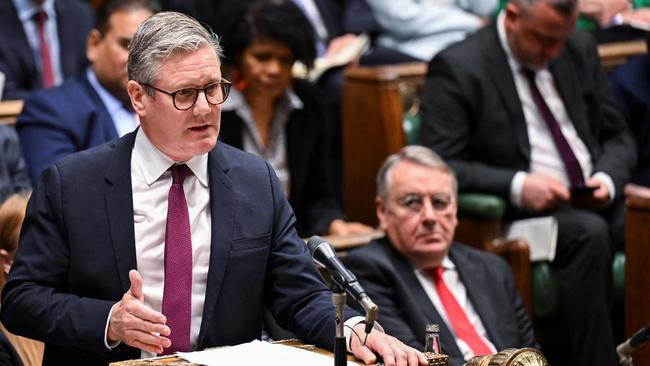
Labour’s appeal is that it is time for a change. They are relying on a yearning for something different to propel them to power. The stronger this yearning, the greater the propulsion.
If Sunak had waited until the autumn, voters might start to feel he was hanging on to power and that the anticipated election seemed to be taking for ever to materialise. In other words he would have risked adding intensity to the “time for a change” mood. By calling an election now he looks less like he is being dragged from office.
The next thing a campaign can change is the split between the votes of different parties. In 2017 under Theresa May the Conservative vote went up but she still lost the majority she inherited from David Cameron. A significant reason for this was that the left vote united against her and behind Labour during the campaign.
One of the determinants of this election outcome – the scale of Labour’s advantage in seats – will be the performance of Reform and how many votes it takes from the Conservatives. Holding a surprise election inconveniences Labour, the Liberal Democrats and, as I have said, the Tories too. But it inconveniences Reform the most.
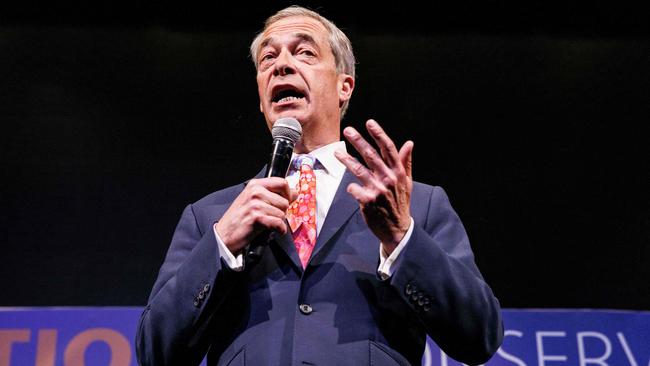
They already had a problem finding enough candidates to fight every seat, as they pledged to do. This problem has now become much more serious. The difficulty is less finding people, than finding people who have been vetted. There must now be quite a good chance that the Reform Party will select more than only one or two candidates whom they will have to disown during the campaign.
A summer election might disadvantage Reform in other ways. It gives Nigel Farage less time to decide whether to return to electoral politics and build a local campaign in his chosen seat. And it makes it less likely that Donald Trump’s interventions will intrude upon the campaign, as they might have if the election was in the autumn.
Then there is Rwanda. It is quite possible, in fact highly likely, that once the policy gets going properly, it won’t stop the boats. Holding an election after the policy has been introduced but before the hottest part of summer, when more boats might come, has many attractions to Sunak, not least in suppressing Reform.
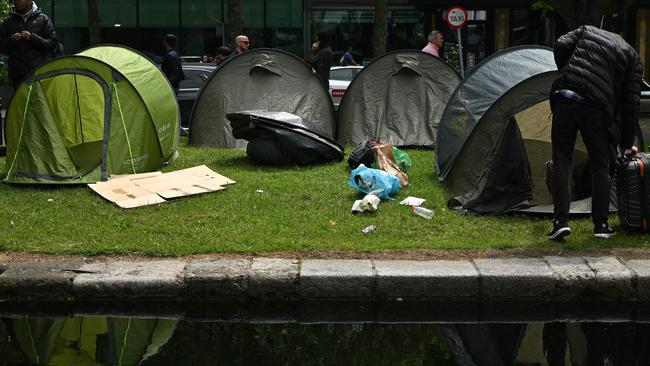
All elections are heavily dependent on the performance of the economy. I’m sure Sunak didn’t call a May election because he wanted time for inflation to come down and to be able to show that the economy is growing. The best argument for an autumn election is that it would allow for a few more months of economic growth and lower inflation.
On the other hand, interest rate cuts might come too late to make a difference even for an autumn campaign.
I suspect the election date will also have been influenced by the calculation that an autumn fiscal event might have involved bad news rather than good news. It might be better to talk of tax cuts in the summer rather than fail to deliver them in November.
Finally there are leadership ratings – along with the economy, a crucial element in election results. The choice of a July election suggests the Conservatives feel nothing will change the relative ratings of Starmer and Sunak before the campaign starts, so there is no point delaying an election just for that.
What Sunak will be hoping is that in a campaign he can reintroduce himself to voters and remind them what they once liked about him. It was telling that he began his address outside Downing Street by talking about his role during Covid.
Of course in politics there are always unexpected events, but even if one were to occur between the summer and the autumn, who is to say it would be one that helped Sunak rather than Starmer? Usually, unexpected events are more of a challenge to the government than the opposition.
There isn’t a good moment for the Conservatives to call an election. I think this is as good as any. Because he is so likely to lose office, I could see Sunak putting it off until he absolutely had to have an election. I’m impressed that he has been bolder than that.
The Times

